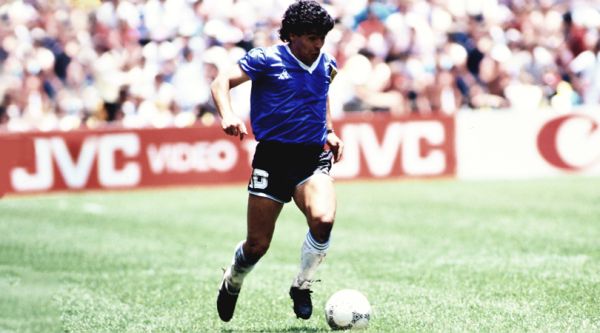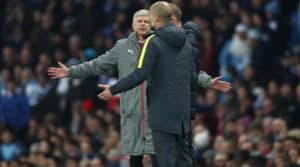The World Cup winner was at his home in Buenos Aires when he died, after having surgery on a brain blood clot earlier this month. He was set to be treated for alcohol dependency.
Maradona played for Barcelona and Napoli during his career but is best known as the captain of the 1986 World Cup-winning team with Argentina. Against England in that tournament, he scored two of the most famous goals of all time – the so-called ‘Hand of God’ and ‘Goal of the Century’.
The world of football is now paying tribute to the legend, ranked as the greatest player of all time by FourFourTwo back in 2017.
Maradona again led his country to the World Cup final in1990 where Argentina were beaten by West Germany, before returning for the tournament in the United States in 1994. In that World Cup, he was sent home after failing a drugs test for ephedrine.
His battle with addiction has been highly publicised throughout his life and career; the player had a cocaine addiction and was banned for 15 months after testing positive for it in 1991.
Maradona retired from professional football in 1997, on his 37th birthday, while at Boca Juniors, for becoming a manager. His coaching career will perhaps be best remembered for his stint as Argentina boss, where he led his country to the quarter-finals of the World Cup in South Africa, in 2010.
Diego Maradona scored 34 goals in 91 appearances for Argentina, representing them in four World Cups.
It is understood Uefa will hold a minute’s silence at all of Wednesday night’s Champions League matches in Maradona’s memory.





